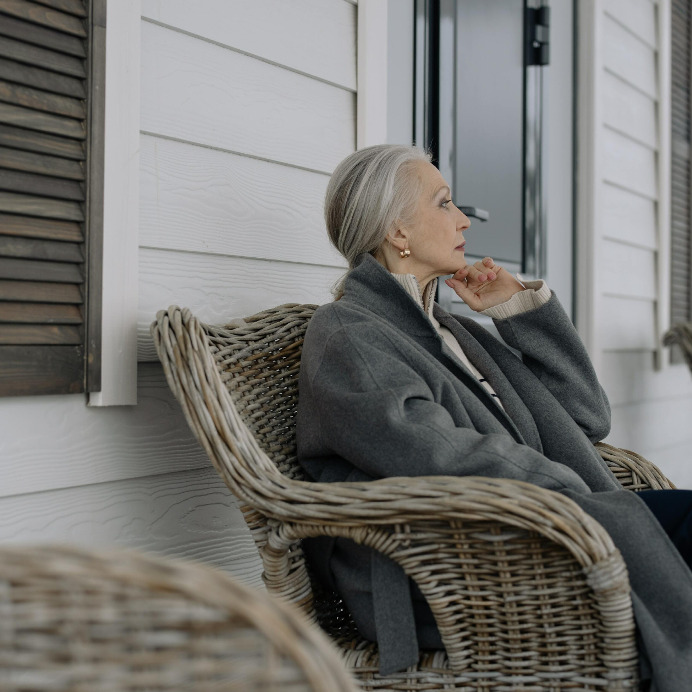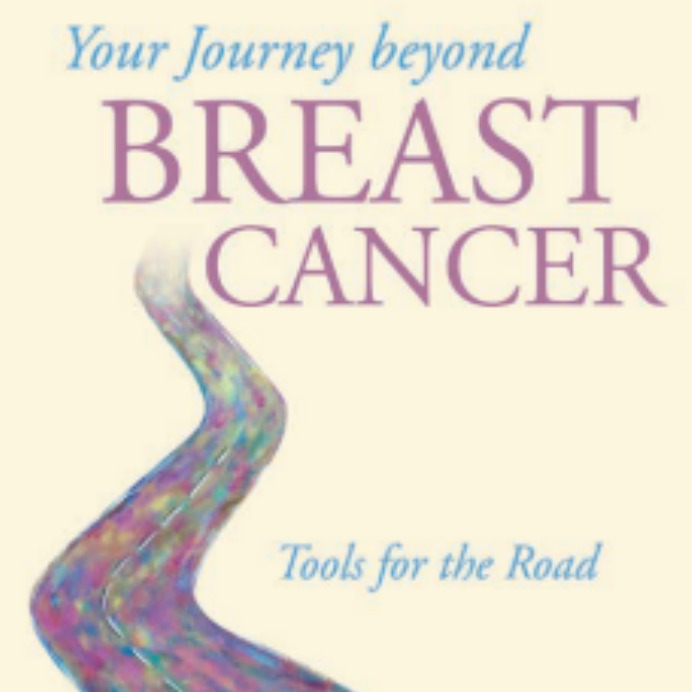By continuing to use our site, you consent to the processing of cookies, user data (location information, type and version of the OS, the type and version of the browser, the type of device and the resolution of its screen, the source of where the user came from, from which site or for what advertisement, language OS and Browser, which pages are opened and to which buttons the user presses, ip-address) for the purpose of site functioning, retargeting and statistical surveys and reviews. If you do not want your data to be processed, please leave the site.
The Voice of People With Breast Cancer
Education
Our Voices Blog
Tag : stress
Holiday Cheer?
Let me just start by saying, while writing, that I’m not a Grinch. I promise. That said, Christmas is not my favourite holiday. (Thanksgiving is, because it’s all about the gratitude, mashed potatoes and turkey.) Yet, after my breast cancer diagnosis, surgery and treatment, the only place I wanted to be for the holidays was with my family in Calgary. Being single and dealing with breast cancer’s day-to-day stressors alone, by myself with my cat, was overwhelming. So, my post-cancer-treatment Christmas was probably one of the most stress-free I’ve ever experienced. Maybe it’s because I didn’t have to make one decision for a solid week, that my family loved on me or because I didn’t cook a single meal, I don’t know. But it worked and when I returned to Toronto, despite the brain fog and Tamoxifen madness, I felt lighter.
The Mental Health Impacts of a Breast Cancer Diagnosis
Experiencing a breast cancer diagnosis is overwhelming and while the overall physical impacts of the disease are well-known, the mental health impacts are often less discussed. The shock of being diagnosed, the fear of recurrence, and the anxiety that comes with living with a breast cancer diagnosis, among other mental health effects, are not considered. As far as the public knows, breast cancer is a physical disease that lasts only as long as its treatment. However, we know that is nowhere near the truth. To highlight this, we asked community members to comment on what impact their breast cancer diagnosis and experience has ha or continues to have on their mental health.
Practical Tools to Find Inner Strength and Resiliency During Breast Cancer and Beyond
I know you remember the moment you heard, “You have breast cancer”. Those words began a long journey with many possible roadblocks and detours. You will all be at different points on your cancer timeline. Perhaps you have just been diagnosed, are continuing with treatment, or even managing a reoccurrence. Because each of you is more than a statistic, your journey will be unique. The path to follow must be the one that is right for you. At each turn, you will be faced with many hard decisions. You certainly did not choose this challenge, but it is now in front of you. Deciding what is important, how you want to live, and setting your priorities are some of the many demands of this disease. The challenge is how do you want to move forward towards healing which is finding your wholeness and balance. Cure is the absence of physical disease. Everyone hopes for a cure. Even if you cannot achieve a cure, you can and must seek your definition of healing.
Why Self-Care is Important for Anyone Dealing with Breast Cancer
Self-care. It’s not a phrase that even flickered across my radar when I was diagnosed with breast cancer, let alone after my surgery or during treatment. But it should have. And, no, it’s not a selfish act.
The healing powers of meditation
Meditation programs are popping up across Canada – and for good reason. This centuries-old practice, also known as mindfulness, is one of the best tools for our health, well-being, and happiness. Research shows a daily meditation practice reduces stress, depression, and inflammation while improving sleep, fatigue, and menopausal symptoms in women who have a breast cancer diagnosis. Additionally, studies connect meditation and an enhanced immune function. These are all important considerations when you’ve had a breast cancer diagnosis.








